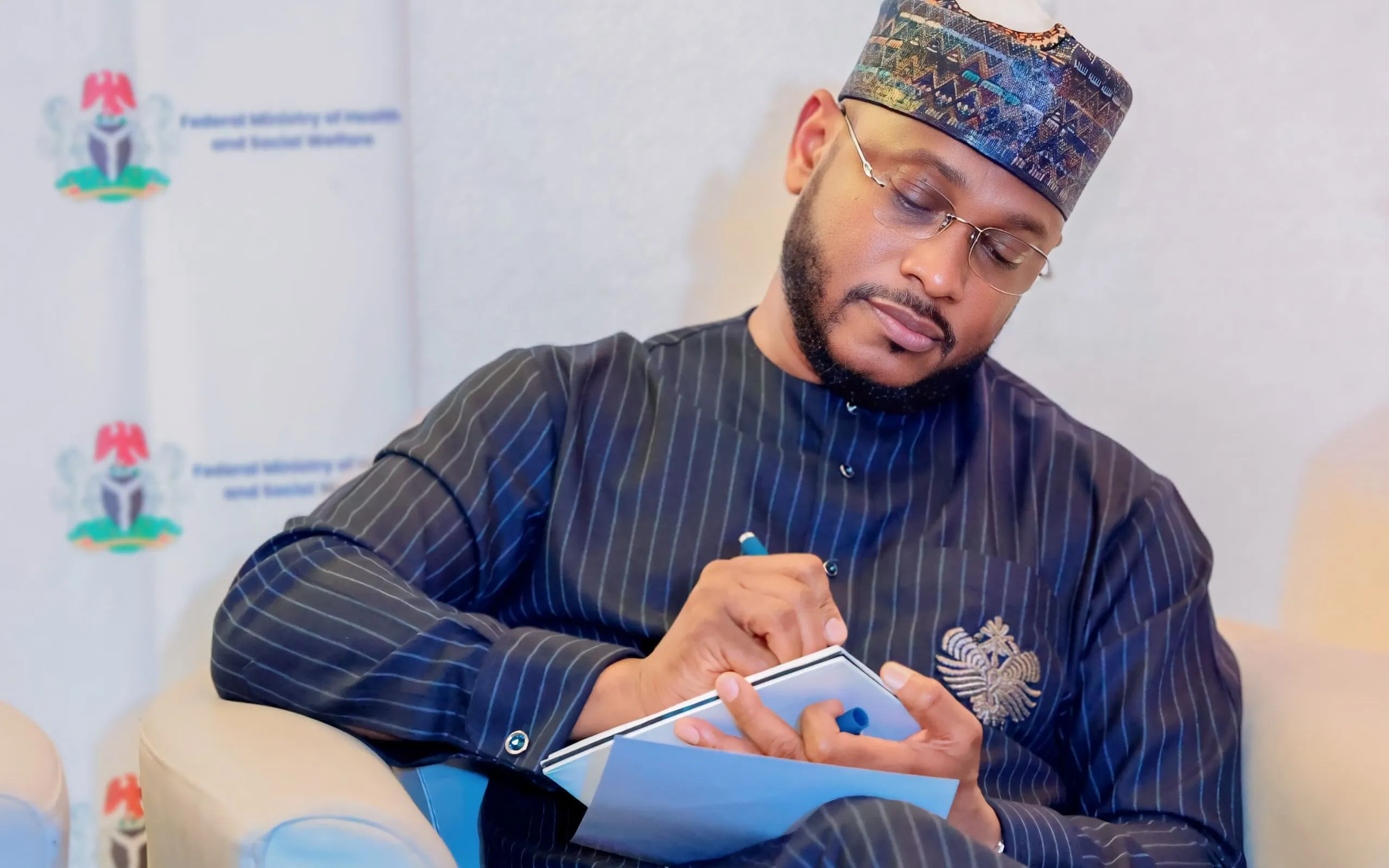
Governor Dauda Lawal of Zamfara State has detailed his administration’s focus on security improvement, educational reform, healthcare revitalization, and mineral resource development as cornerstones of his governance agenda.
During a recent interview on ARISE NEWS, Governor Lawal emphasized the need for strategic prioritization: “The problems are multi-dimensional, and we have to prioritize. The first thing, like I said, is security because without security, there won’t be anything. Second, fundamental is education… all the solid minerals we have in Zamfara are of no benefit if we are the poorest, and (harnessing them) is exactly what we are doing right now.”
When questioned about the feasibility of Zamfara’s ₦500 billion budget amid economic uncertainties, Lawal expressed confidence. “We are ready to face those challenges because there’s always an alternative in terms of budgetary process and execution,” he stated. The governor highlighted diversification efforts focused on farming and mining, noting that formalization of mining activities to attract investors is already underway.
Addressing the persistent security challenges that have plagued Zamfara for over a decade, Lawal reported gradual improvements. “I set up a local security outfit that’s been doing very well,” he said. “I’ve engaged with top security agencies, including the NSA, the chief of army staff, and the minister of defense.” However, he criticized the Minister of State for Defence for insufficient contribution to resolving Zamfara’s security issues.
“I have never been the problem. I take full responsibility for what happens in Zamfara, and I’ll be the happiest person if peace is restored,” the governor maintained.
Lawal described inheriting a state in dire conditions: “When I assumed office, Zamfara was at rock bottom—education, healthcare, infrastructure, all in disarray. There was no water for five months, the treasury had only ₦4 million, and we owed billions to WAEC, NECO, and the judiciary.” This situation prompted his administration to declare a state of emergency in both the education and healthcare sectors.
Despite these challenges, the governor stated his administration has avoided borrowing while still making progress through partnerships and fiscal discipline. “Salaries are paid promptly on the 25th of every month. We’re constructing schools, hospitals, and roads, and we’re revamping skills acquisition centers to empower our youth,” he said.
Responding to criticisms about his leadership approach and alleged rural area neglect, Lawal dismissed these as political rhetoric. He pointed to governance streamlining by reducing commissioners from 49 to 16 and permanent secretaries from 52 to 20. “Our budget is people-driven; we go to all 14 local governments to identify their needs. Every local government has at least one project worth over ₦5 billion,” he explained.
The governor highlighted infrastructure development, including a nearly completed airport project. “No investor will drive seven hours from Abuja to Zamfara with the current security risks. But within 3–4 months, you’ll be able to fly directly into the state,” he noted.
On national politics, Lawal expressed opposition to the declaration of a state of emergency in Rivers State, confirming his participation in legal action alongside other governors challenging the decision.
Reflecting on his administration’s progress, the governor concluded, “Within two years, we’ve done a lot, and we deserve credit. These things take time, but we are on the right path.”




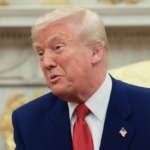
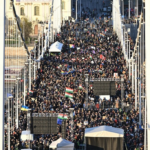




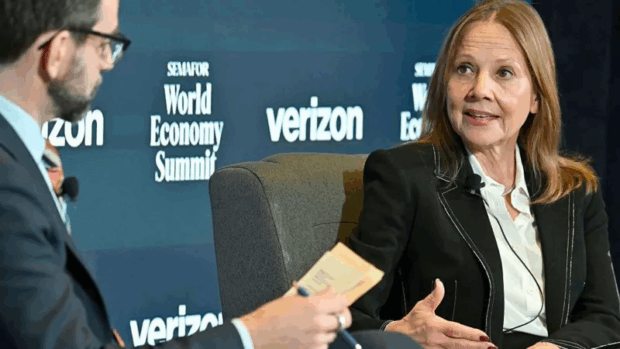
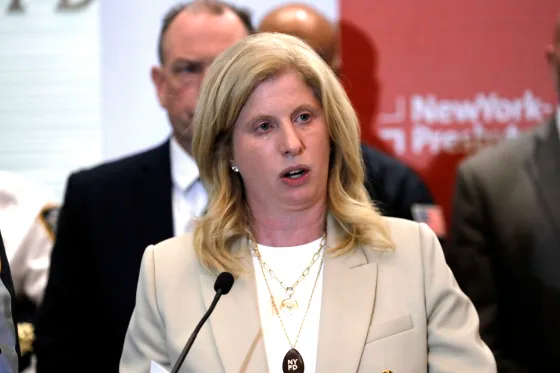





Be the first to leave a comment